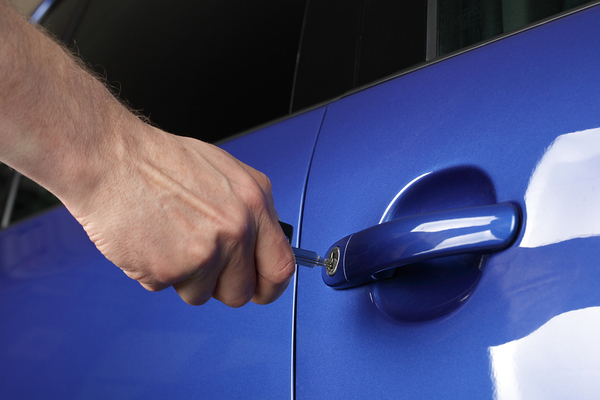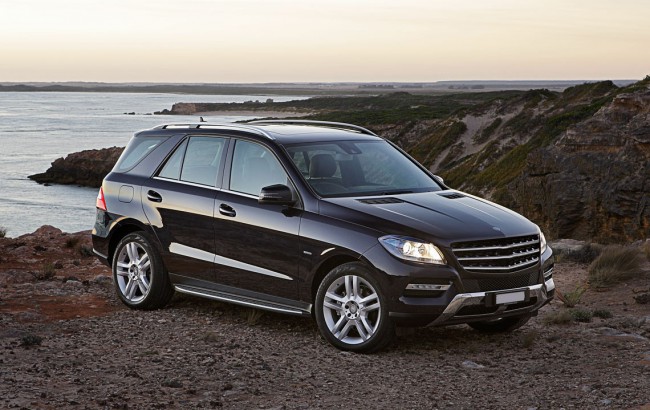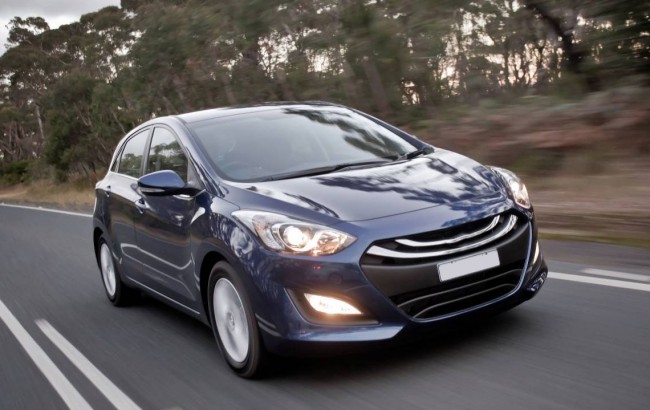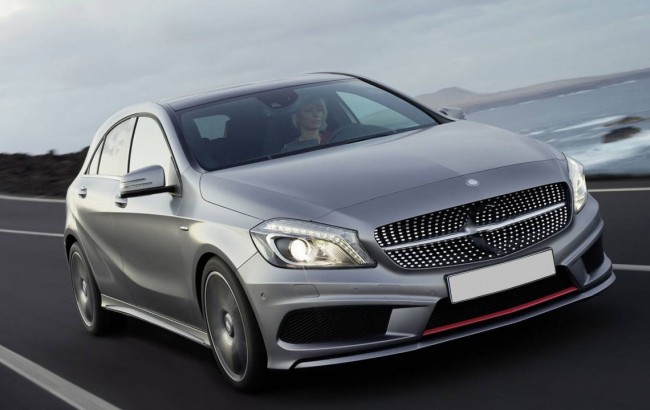Which Car Manufacturers Have Certified Pre-Owned Car Programs?
Which Car Manufacturers Have Certified Pre-Owned Car Programs?
_600x.jpg)
A certified pre-owned car might be the perfect fit.
If you are thinking of buying a used car, a certified pre-owned vehicle (CPO) might be perfect for you. But what are certified pre-owned vehicles? How do they work? Who offers them?
What Is A Certified Pre-Owned Car?
A “certified pro-owned” car is usually a late-model lease or trade-in that has been subjected to a specific certification process. The exact standards and process tend to vary by manufacturer, but CPO cars are generally held to a higher standard than a standard used car.
The idea, of course, is that buying a well-cared-for CPO car is worth the extra cost, which also can vary widely. In turn, the consumer gets a bit more peace of mind, especially as CPO programs come with a more extensive warranty. CPO vehicles can be appealing if you want a newer car without the new-car price.
How To Buy A Certified Pre-Owned Car
While certified pre-owned cars are held to a higher standard, that does not mean you should not do your research. It is still a used car, after all, and the rules of buying used cars need to be followed. Always check the vehicle’s history, keeping an eye out for potential problems, and ask the dealer if any repairs came up during inspection that might be an issue in the future. Of course, you should also be familiar with the inspection process itself. Here is a quick overview of some popular CPO programs, and what manufacturers expect from their vehicles.

Certification may be the key to the best used car for you.
Which Companies Offer Certified Pre-Owned Programs?
Before buying any CPO car, remember that warranties for specific parts like powertrains vary widely. Be sure to ask about mile limits and to read warranties closely.
Chevrolet: Chevy has one of the more rigorous programs of any certified process. Chevy’s CPO cars cannot be more than five model years old and need less than 75,000 miles on the odometer. Chevy puts their CPOs through a 175-point inspection, and offers a warranty for six years or 100,000 miles, whichever comes first.
Toyota: Toyotas have a well-earned reputation for enduring, and their CPOs are expected to do the same. Toyota CPOs have to be no older than seven model years, and can have a maximum of 85,000 miles. They also need a clean Carfax history, and come with a seven year/100,000 mile warranty. Hybrids like the Prius get an even closer look; they have a 174-point checklist for inspection, as opposed to gas-powered cars’ 160.
Ford: Ford has one of the strictest mile limits, with models needing to be six model years older or less and with only 80,000 miles. After their 172-point inspection, they get a seven year/100,000 mile warranty.
Lexus: Despite being owned by Toyota, Lexus has a different certification process, where only cars six model years or younger can be accepted, and go through a 161-point check.
Honda: Naturally, Honda is one of the most rigorous, with a 182-point inspection on cars six model years or newer with less than 80,000 miles.
These are not the only certification programs, of course; most manufacturers at this point are offering some form of certified pre-owned program. So if you’re looking for a “new-to-you” car, a certified pre-owned vehicle may be your best bet. For more on CPO vehicles and used car shopping, start with the research from CarFoundMe.


